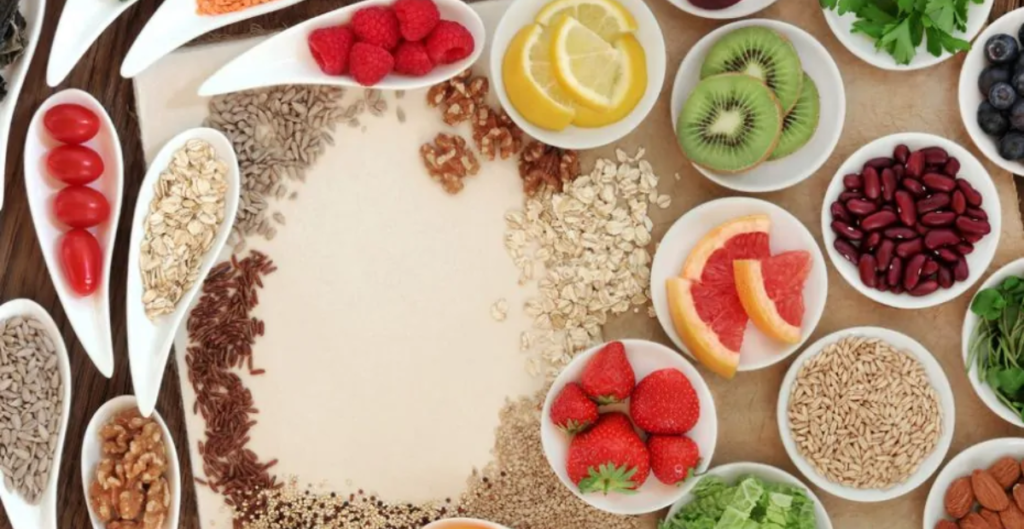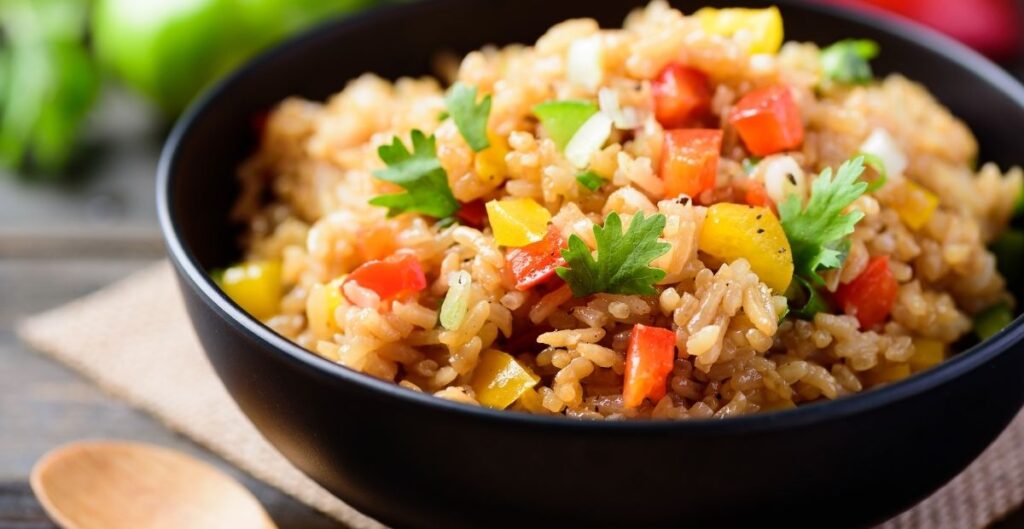Diet After Fistula Surgery: A Comprehensive Guide
Fistula surgery is a crucial step toward recovery for patients dealing with painful and persistent fistulas, commonly resulting from infections, abscesses, or inflammatory conditions like Crohn’s disease. While surgery addresses the physical condition, proper nutrition plays a pivotal role in post-surgical recovery, ensuring optimal healing and preventing complications.
This comprehensive guide breakdown of the ideal diet after fistula surgery, covering essential nutrients, foods to include and avoid, sample meal plans, and lifestyle modifications to support your recovery journey.
Understanding Post-Fistula Surgery Nutrition Needs
Fistula surgery can leave patients with temporary digestive discomfort, including pain, constipation, and inflammation around the surgical site. A well-balanced diet after surgery focuses on:
- Healing Wounds and Promoting Tissue Repair: Proteins, vitamins, and minerals are vital for repairing damaged tissues, reducing swelling, and accelerating wound closure.
- Preventing Digestive Strain: Post-surgical recovery benefits from foods that ease bowel movements and prevent complications like constipation.
- Boosting Immunity: A strong immune system helps prevent infections, which is critical during the recovery process.
- Managing Inflammation: Certain foods naturally reduce inflammation and discomfort while promoting internal healing.
The Ideal Diet After Fistula Surgery
Your diet should prioritize nutrient-dense, easy-to-digest foods that provide the energy and nourishment your body needs. Here’s a breakdown of key dietary components:
1. High-Fiber Foods for Smooth Digestion
Fibre is essential for preventing constipation and reducing strain during bowel movements. A diet rich in fiber ensures that stools remain soft and easy to pass, minimizing discomfort near the surgical site.
Recommended Fiber Sources:
- Whole grains: Oatmeal, brown rice, whole wheat bread, and barley
- Fresh fruits: Apples, bananas, pears, and papayas
- Vegetables: Carrots, spinach, zucchini, and broccoli
- Legumes: Lentils, chickpeas, black beans, and peas
- Seeds: Chia seeds, flaxseeds, and sunflower seeds
Important Tip: Increase fiber gradually to avoid bloating and pair it with sufficient water intake for optimal results.
2. Protein for Tissue Repair and Healing
Protein is a cornerstone of the post-surgery diet, promoting tissue regeneration and wound healing. It also supports immune function, which is crucial for preventing infections.
High-Protein Foods:
- Lean meats: Chicken, turkey, and fish (like salmon)
- Eggs: Rich in bioavailable protein and essential nutrients
- Dairy products: Low-fat yogurt, cheese, and milk (if tolerated)
- Plant-based proteins: Tofu, tempeh, lentils, and chickpeas
- Protein supplements: Consult your doctor for recommendations if needed
Daily Protein Target: Consume at least 1.2–2 grams of protein per kilogram of body weight to support recovery.
3. Hydration for Digestive Health
Dehydration is a common cause of constipation, which can delay recovery. Staying hydrated ensures that fiber works effectively and that toxins are flushed out of your body.
Hydration Tips:
- Aim for 8–10 glasses of water daily.
- Include herbal teas like chamomile, peppermint, or ginger tea.
- Consume water-rich foods like cucumbers, watermelons, and oranges.
- Avoid alcohol and caffeinated drinks, which can dehydrate your body.
Pro Tip: Begin your day with a glass of warm water and lemon to stimulate digestion.
4. Anti-Inflammatory Foods to Reduce Swelling
Inflammation is a natural part of the healing process, but excessive inflammation can slow recovery. Incorporating anti-inflammatory foods into your diet can help:
Top Anti-Inflammatory Foods:
- Fatty fish: Salmon, mackerel, and sardines (rich in omega-3s)
- Nuts: Almonds, walnuts, and pistachios
- Fruits: Blueberries, cherries, and oranges (packed with antioxidants)
- Vegetables: Spinach, kale, and sweet potatoes
- Spices: Turmeric, ginger, and cinnamon
Foods to Avoid After Fistula Surgery
While certain foods promote healing, others can hinder recovery or cause discomfort. Avoid these items to ensure smooth digestion and minimize complications:
- Spicy Foods: Chilies, hot sauces, and spicy curries can irritate the digestive tract.
- Fried and Greasy Foods: Chips, fried chicken, and fast food are difficult to digest.
- Processed Foods: Sugary snacks, packaged meals, and preservatives lack nutritional value.
- Dairy (if lactose intolerant): Milk, cream, and cheese may cause bloating or diarrhea.
- Red Meat: Hard to digest and may contribute to constipation.
- Carbonated Beverages: Soda and fizzy drinks cause gas and bloating.
7-Day Meal Plan for Post-Fistula Surgery Recovery
Here’s a detailed week-long meal plan to guide your post-surgery diet:
Day 1
- Breakfast: Oatmeal with bananas and a drizzle of honey
- Snack: Handful of almonds and a glass of coconut water
- Lunch: Grilled chicken with quinoa and steamed spinach
- Snack: Sliced apple with peanut butter
- Dinner: Baked salmon with roasted carrots and sweet potatoes

Day 2
- Breakfast: Scrambled eggs with whole-grain toast
- Snack: Low-fat yogurt with blueberries
- Lunch: Lentil soup with a side of brown rice
- Snack: Orange slices and a handful of walnuts
- Dinner: Stir-fried tofu with zucchini and green beans
Day 3
- Breakfast: Smoothie with spinach, banana, almond milk, and chia seeds
- Snack: Handful of roasted chickpeas
- Lunch: Baked cod with mashed sweet potatoes and steamed broccoli
- Snack: Papaya slices with a sprinkle of flaxseeds
- Dinner: Grilled turkey with quinoa salad and olive oil dressing
Day 4
- Breakfast: Smoothie with banana, yogurt, and chia seeds
- Lunch: Chickpea salad with olive oil dressing
- Dinner: Vegetable stir-fry with tofu
Day 5
- Breakfast: Whole wheat toast with peanut butter
- Lunch: Grilled chicken with quinoa and spinach
- Dinner: Baked trout with asparagus
Day 6
- Breakfast: Muesli with almond milk and nuts
- Lunch: Sweet potato and black bean salad
- Dinner: Turkey stew with brown rice
Day 7
- Breakfast: Poached eggs with whole-grain toast
- Lunch: Salmon wrap with mixed greens
- Dinner: Vegetable and lentil soup
(Continue meal plans for Days 4–7, varying the proteins, vegetables, and grains while keeping fiber and protein intake balanced.)
Recovery Tips Beyond Diet
In addition to maintaining a nutritious diet, incorporate these habits for a faster recovery:
- Gentle Exercise: Light walking helps improve circulation and digestion.
- Hygiene: Keep the surgical area clean and dry to prevent infections.
- Follow-Up Appointments: Regularly consult your doctor to monitor healing.
- Stress Management: Practice mindfulness or yoga to reduce stress, which can hinder digestion.
- Adequate Rest: Ensure at least 7–9 hours of sleep for optimal recovery.
Common Concerns Post-Surgery
1. Constipation
- Cause: Reduced mobility, pain medications, or low fiber.
- Solution: Eat fiber-rich foods and drink plenty of water.
2. Infection Risks
- Cause: Improper wound care or a weakened immune system.
- Solution: Focus on immune-boosting foods like garlic, citrus fruits, and leafy greens.
3. Pain and Swelling
- Cause: Surgical trauma.
- Solution: Include anti-inflammatory foods like turmeric and fatty fish in your diet.
FAQs About Post-Fistula Surgery Diet
1. Can I eat spicy food after fistula surgery?
Spicy foods should be avoided as they may irritate the digestive tract and delay healing.
2. How long should I follow a special diet?
A post-surgery diet is typically recommended for 4–6 weeks, but always follow your doctor’s advice.
3. Are probiotics necessary?
Yes, probiotics like yogurt and kefir can improve gut health and aid recovery.
Conclusion
Recovering from fistula surgery requires a thoughtful approach to nutrition. By prioritizing fiber, protein, and anti-inflammatory foods, you can promote healing, prevent complications, and regain your strength. Combine your diet with proper hydration, hygiene, and gentle exercise for optimal recovery.
Always consult your healthcare provider for personalized guidance, and remember that every small effort in your diet contributes to faster and smoother healing.



